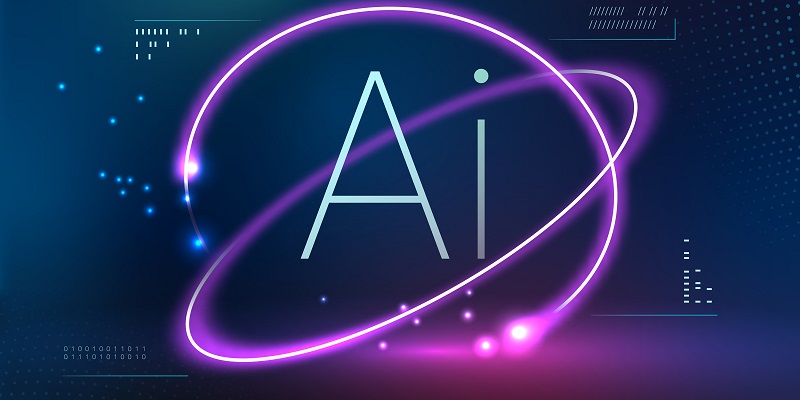In this era of rapid technological advancements, artificial intelligence (AI) has emerged as a powerful tool with the potential to transform every aspect of our lives. AI, defined as the simulation of human intelligence in machines, has revolutionized automation by streamlining tasks and processes that were once time-consuming and repetitive. With its increasing sophistication, AI is not only automating mundane tasks but also solving complex problems that challenge human capabilities.
AI’s problem-solving abilities
One of the key strengths of AI lies in its ability to tackle intricate and challenging problems. From analyzing enormous amounts of data to understanding patterns and making predictions, AI surpasses human capabilities. For instance, AI algorithms have been developed to detect fraudulent activities in financial transactions or identify potential credit risks, enabling organizations to make informed decisions and reduce risks.
User Experience Enhancement through AI
AI-driven personalization has enhanced user experiences across digital platforms. By harnessing user data and utilizing machine learning algorithms, AI can deliver personalized recommendations, tailored content, and targeted advertisements. These personalized experiences not only make users feel valued, but also boost engagement and conversions.
Advancements in healthcare through AI
The healthcare industry has greatly benefited from the advancements in AI. AI-powered algorithms and machine learning models are enabling early disease detection and diagnosis. These technologies can analyze medical imaging data, identify abnormalities, and aid in the early detection of diseases like cancer. Moreover, AI is optimizing treatment plans by considering patient-specific factors, leading to personalized medicine and improved outcomes.
AI’s Impact on Transportation and Manufacturing
AI is driving transformative changes in transportation, logistics, and manufacturing. Self-driving cars, drones, and robots powered by AI are reshaping these industries. Autonomous vehicles are improving road safety, optimizing fuel consumption, and enhancing the overall transportation experience. Additionally, AI-powered robotics are revolutionizing manufacturing processes, enabling efficient production, and reducing costs.
Natural Language Processing and AI
Natural Language Processing (NLP) enables AI to understand and generate human language. This technology facilitates voice assistants, chatbots, and language translation tools. NLP has found applications in various sectors, such as customer service, healthcare, and the legal industry, where efficient communication is crucial.
The Role of AI in Predictive Maintenance
AI-driven predictive maintenance is transforming industries by preventing equipment failures. By analyzing data from sensors and machines, AI algorithms can detect early signs of potential breakdowns. This proactive approach minimizes downtime and optimizes maintenance schedules, leading to cost savings and increased operational efficiency.
Contribution to environmental sustainability
AI has the potential to address pressing environmental challenges and contribute to sustainability efforts. For instance, AI algorithms can analyze vast amounts of data to optimize energy consumption, reducing carbon footprints in buildings and industries. Additionally, AI-powered solutions can help with better waste management, water conservation, and monitoring of ecosystems.
Economic growth and job opportunities
Contrary to concerns about job displacement, AI has the potential to stimulate economic growth and create new industries and job opportunities. While AI may automate certain tasks, it also creates a demand for skilled professionals who can develop, implement, and maintain AI systems. Moreover, AI-powered innovations can lead to the emergence of new industries and the transformation of existing ones, driving economic prosperity.
Artificial intelligence is a catalyst for transformation, revolutionizing industries and enhancing lives. From automating mundane tasks to solving complex problems, AI has immense potential. It is driving personalized user experiences, advancing healthcare, revolutionizing transportation, and enabling efficient manufacturing processes. With its capacity for natural language processing, predictive maintenance, and contribution to environmental sustainability, AI is reshaping the world around us. Embracing AI and harnessing its full potential will undoubtedly lead to future advancements and a better tomorrow for humanity.

